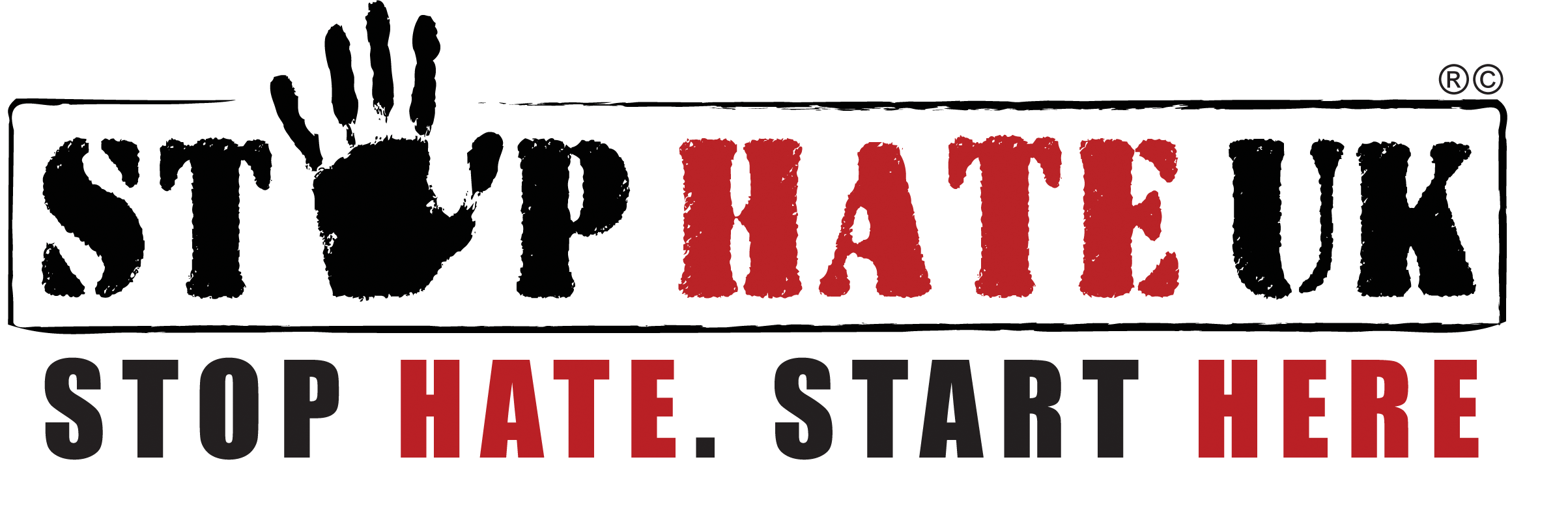News
20 Years of Challenging Hate #9: by Baljit Ubhey OBE, Chief Crown Prosecutor for CPS, London
Posted onIn our diverse capital city we ALL need to be aware of hate crime…
As Chief Crown Prosecutor for the Crown Prosecution Service in London it was really important to me that my organisation took part in Hate Crime Awareness Week and supported Stop Hate UK. We are all fortunate to live in a hugely diverse and vibrant city, however, this means that it is ever more important for everyone who works, lives and visits the city to be vigilant to hate crime. Those who commit hate crime attack the diversity which makes this city so great.
In CPS London we will be using Hate Crime Awareness Week to provoke a discussion on hate crime within our teams and units and ensuring that all our staff are up to date with the latest policies and guidance we have on hate crime. In addition I want to make sure that all staff are attuned to the sensitivities involved in prosecuting hate crime including the use of language and terminology.
But it is not just the Criminal Justice System that has a role to play in stopping hate crime.
Thankfully most Londoners will not have seen or experienced hate crime but for many of you reading this blog it may be that you have been a victim yourself, you know someone who is a victim or you have been a witness to hate crime. I want you to know that we will do everything we can to support you through the court process once a prosecution for hate crime has begun. Victims and witnesses of hate crime can be given special measures to help them give evidence in court, such as being screened from the defendant or giving their evidence through an intermediary. CPS prosecutors are given training to deal with these types of cases and the sensitivities they can entail, such as the fear of ‘outing’ in homophobic hate crime cases.
I have seen the profound effect hate crime can have on victims, their families and the wider community – but it is not just victims who can report these types of crime. Even with the support we can give victims may still feel too scared to report the crime themselves. They may not understand that they were a victim of hate crime due to language barriers or learning difficulties. If a witness reports the crime and is willing to give evidence we can prosecute the case as a hate crime. This allows the court to consider a tougher sentence and will hopefully result in the victim and the community feeling a greater sense of justice.
Hate crime can take many forms including hostility towards race, religion, sexual orientation, gender identity and disability. However, a victim does not have to be gay to be a victim of homophobic hate crime, it may be that a person shows hostility because they think the victim is gay. Alternatively if a person shouts racist abuse at a victim but they do not understand it because they do not speak English, it can still be prosecuted as a hate crime if a witness hears it and realises that it is racist.
Hate crime is a key priority for the CPS and in London we have a Scrutiny and Involvement Panel which is made up of members of community groups and support organisations as well as our criminal justice partners. The panel examines completed cases to identify where lessons can be learned and where good practice can be shared. It also allows us to gain insight of how these crimes are affecting communities and how we can better support victims.
I have pledged to do all that I can to tackle hate crime by ensuring that our prosecutors robustly prosecute offenders in court, we support victims and working with local communities. I hope that you will also pledge to do your part by not averting your gaze or keeping quiet if you are a witness to a hate crime, report to the police what you see and hear and help us to achieve justice.
Baljit Ubhey OBE
Chief Crown Prosecutor for the Crown Prosecution Service in London

